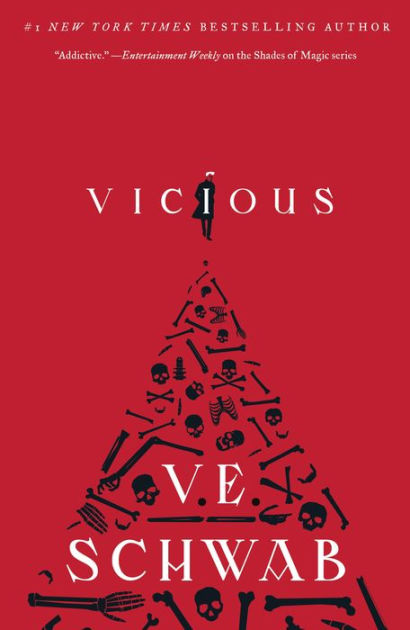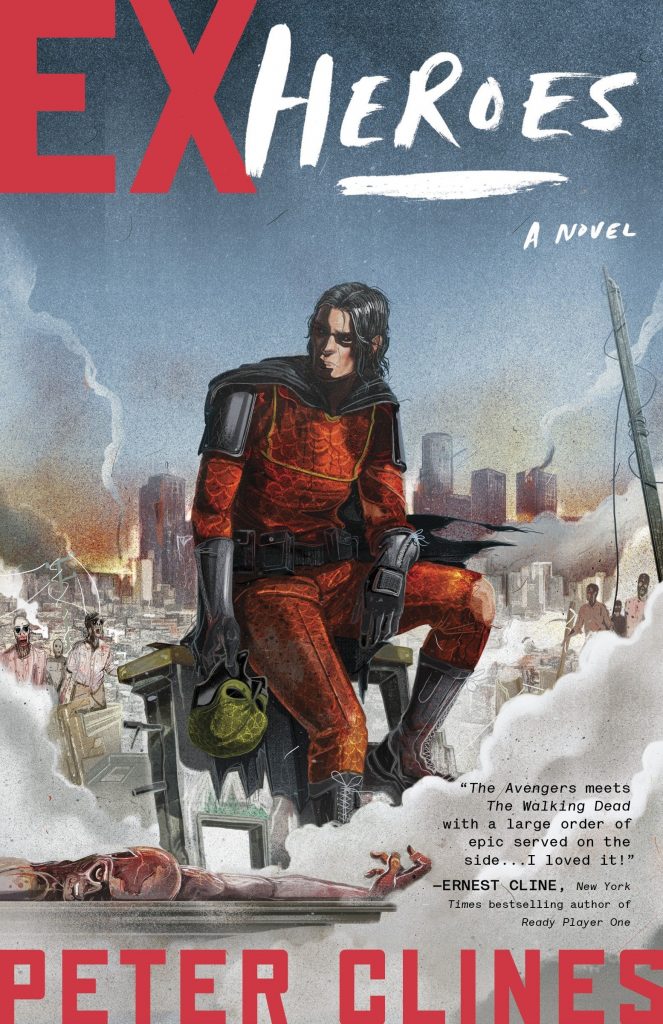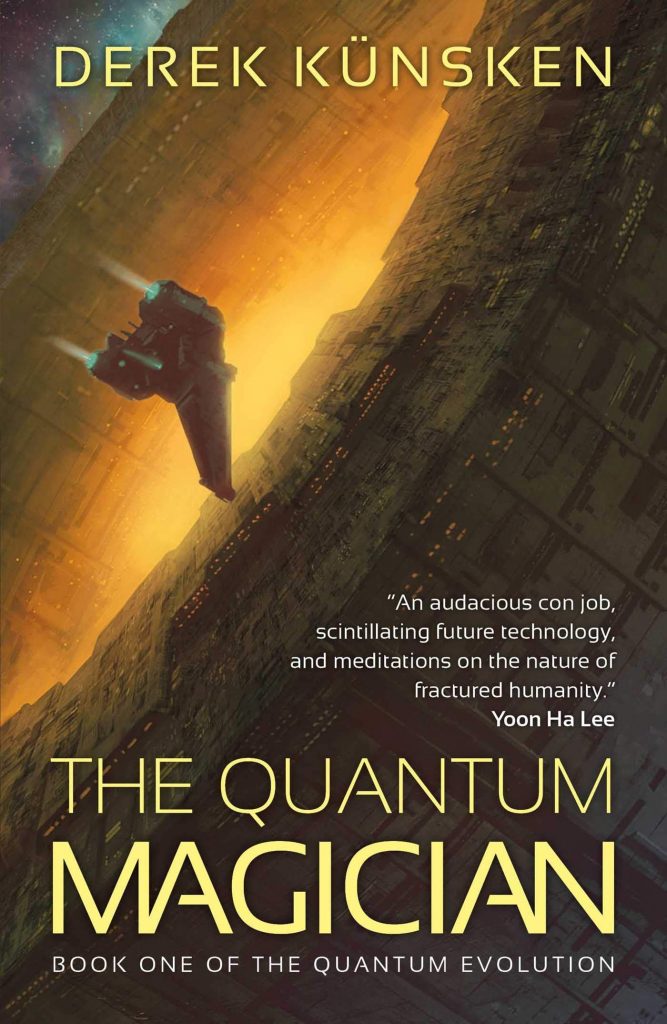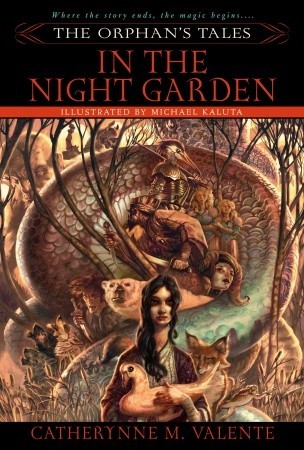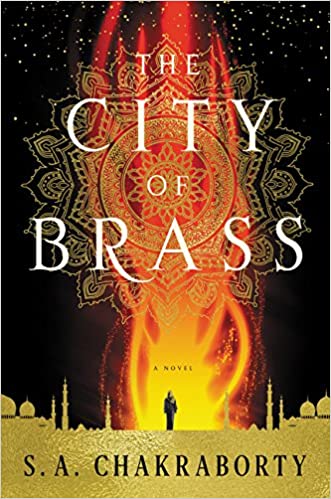
The City of Brass, by S. A. Chakraborty, is the first installment in the Daevabad Trilogy. It follows Nahri, a young woman with a secret even she doesn’t know, and Dara, a Daeva (or djinn, though this is viewed as an insult to the Daeva). Dara has his own dark past from when he lived with his own kind, before he was banished. Nahri meets Dara after meddling in some magic that was beyond her understanding and, as a consequence, gets tangled up in centuries-old intrigue between the Daeva and other supernatural beings.
The city of brass in the title is Daevabad, where Dara originally comes from and where he and his kind once ruled. It is now ruled over by a different caste of djinn, ones that Dara views as inferior. Dara is a throwback to a previous time of warriors and blood-thirsty war. Whether he finds a place for himself in the modern Daevabad is always a question.
Nahri, on the other hand, because of her secret, is of great interest to the current rulers of Daevabad. They alternately welcome her and treat her as a prisoner, unsure if she is a threat or the key to bringing peace. The political intrigue between all of these supernatural beings is really well developed, with the reader never quite sure who has the upper hand or who is in control of events. They are in many ways, despite their immense power, more petty and more frivolous than humans. They are more capricious, and have a very rigid view of place. It is an interesting, if somewhat distorted, reflection of our own world and the way we all treat one another.
The third main character is Ali, the son of the current ruler of Daevabad. He isn’t sure he wants to be part of the royal family. A strict religious fellow, he looks askance at the wayward ways of his older brother and heir to the throne. He is torn by his duty and his beliefs. And, ultimately, he gets tangled with Nahri and Dara.
My favorite line in this novel comes when Nahri’s mentor is discussing the political turmoil rising out of Nahri’s presence in Daevabad. The other woman, Ghassan, asks her:
“In what world do men and women pay the same price for passion?”
